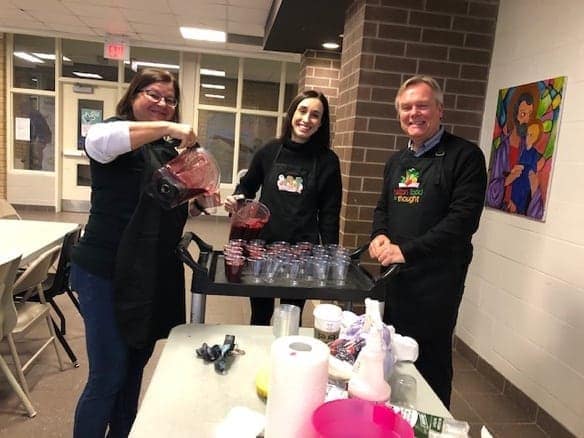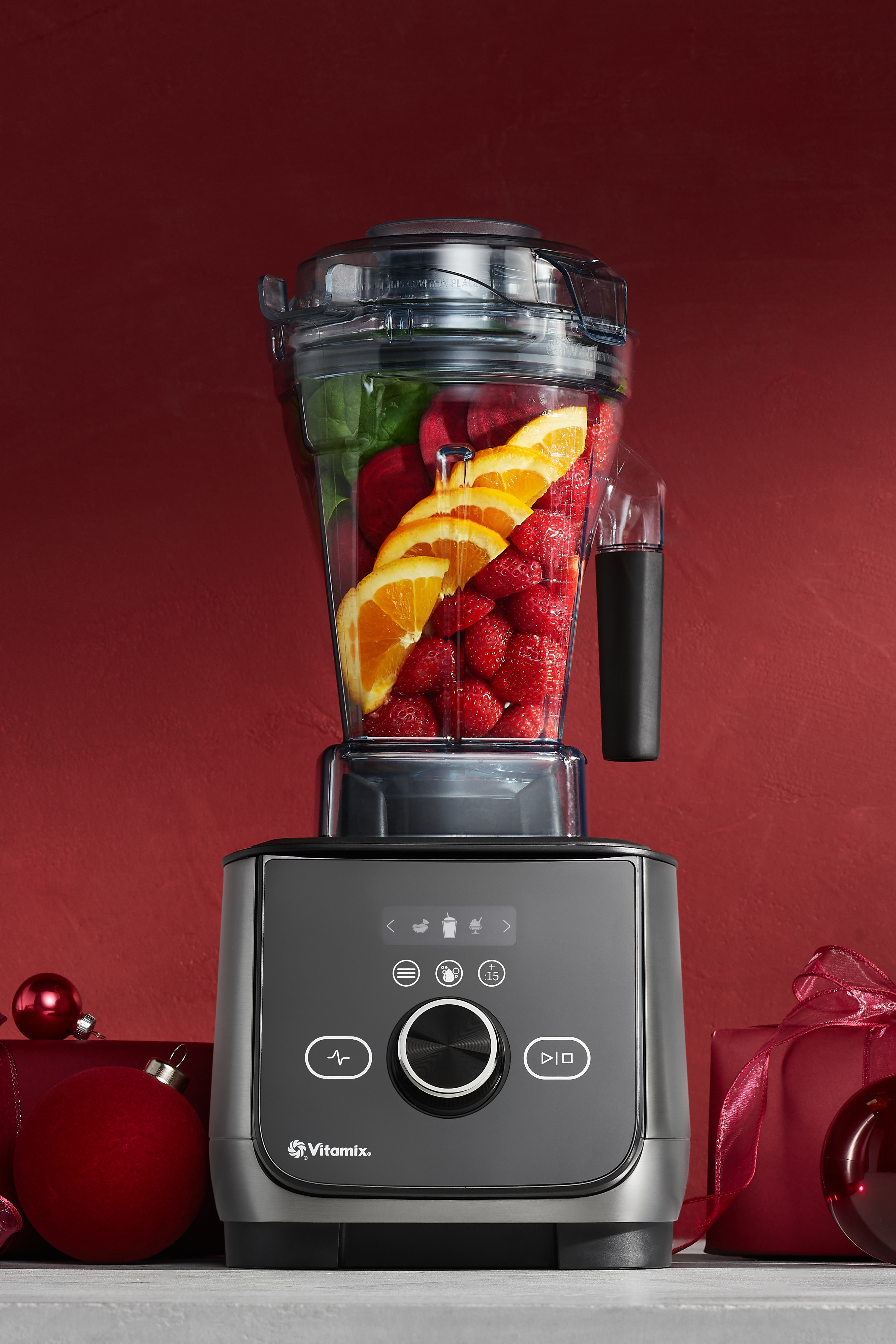Food Secure Canada estimates almost 2.5 million Canadians live without secure access to food. In addition to decreased physical health, those affected by hunger can also experience mental health impairments, including learning and social behavior problems. According to Kellogg Canada’s annual “Breakfasts for Better Days” survey of Canadian school teachers, students lose approximately two hours of class time each day they arrive to school hungry — a full four months of the school year.
With this in mind, the Palermo Public School in the Town of Oakville in Ontario, Canada, began to view access to nutritious meals as a critical element of students’ success — and the success of the entire school community. In 2017, parents Nicolle Memon, Cindy Jeffers and Sarah Sampel led an effort, on behalf of Palermo’s Parent Council, to bring healthy breakfasts to Palermo School students.
Memon, a former educator, is keenly aware of the importance of a well-balanced breakfast for developing children. “If a child does not eat in the morning, it can drastically affect his or her learning throughout the day,” said Memon.
Under the lead of Memon, Jeffers and Sampel, Palermo’s Parent Council secured grant funding for the Breakfast Cart program from the Halton Food for Thought initiative — the sole agency providing student nutrition programs free of charge to K-12 schools in the Halton Region of Ontario, Canada.
The Breakfast Cart program specifies that the morning meal must cover at least three major food groups, including fruit, dairy, veggie and whole grain.
“It occurred to us that we would be able to combine all of these ingredients into one healthy smoothie,” said Memon. “And sometimes we introduce new foods to the kids through these smoothies.”
However, due to limited manpower — and blender power — smoothie breakfast days could initially only take place once every two weeks. On those days, parent and student volunteers distributed 400 smoothies to about half of the student body.
“We were using normal blenders, but we noticed quick wear and tear,” explained Memon, who was running each blender five to six times on any given smoothie day to produce just one small smoothie for each child.
The council knew it would need more powerful, durable, easy-to-use, large-capacity blenders — Vitamix blenders — if it were to continue offering smoothies to students. Memon and fellow council members commenced a one-year fundraising campaign to purchase three Vitamix machines, including a Vitamix Commercial XL blender.
Once the Vitamix machines were in place, Breakfast Cart smoothies took off.

“We are able to serve smoothies frequently now due to the efficiency of having such powerful blenders,” said Memon. “We are also able to budget and save more, as smoothies incorporate healthy ingredients more economically than purchasing individual snacks.”
“There is little to no prep time involved since all the ingredients can be thrown right into the blenders,” she added. And, as a bonus, the machines are intuitive, so that everyone from parents to student volunteers can use them … no professional experience required.
Students’ favorite Vitamix-made smoothies include the Grinch Smoothie (frozen spinach, frozen pineapple, milk and banana) and the Strawberry-Banana Smoothie (frozen strawberries, banana, orange juice and plain yogurt).
Palermo students aren’t the only ones who appreciate the Food for Thought Breakfast Cart. “I have had teachers share with me how students in their class seem to be more focused since starting the program,” said Memon.
In addition to Palermo School, the Halton Region has 130 schools participating in the Halton Food for Thought program.
“Our high schools are starting to take part; in doing so, they are making smoothies their main offering,” said Carrie Baillie, the Halton Food for Thought Program Community Development Manager. “Many schools have purchased Vitamix Commercial blenders through fundraising because they can make as many as 250 to 300 smoothies at a time — and they cannot do that with a regular blender.”
According to Baillie, programs like Halton Food for Thought are vital to communities throughout Canada.
“Canada is one of the few countries left that does not have a national food strategy,” added Baillie. “If a child comes to school without enough, or no food, they will be hungry.”
Interested in starting a healthy breakfast program at your local school? Visit haltonfoodforthought.com for inspiration. Then, head to vitamix.com for smoothie prep tips and help selecting the right Vitamix Commercial equipment to suit your needs.



